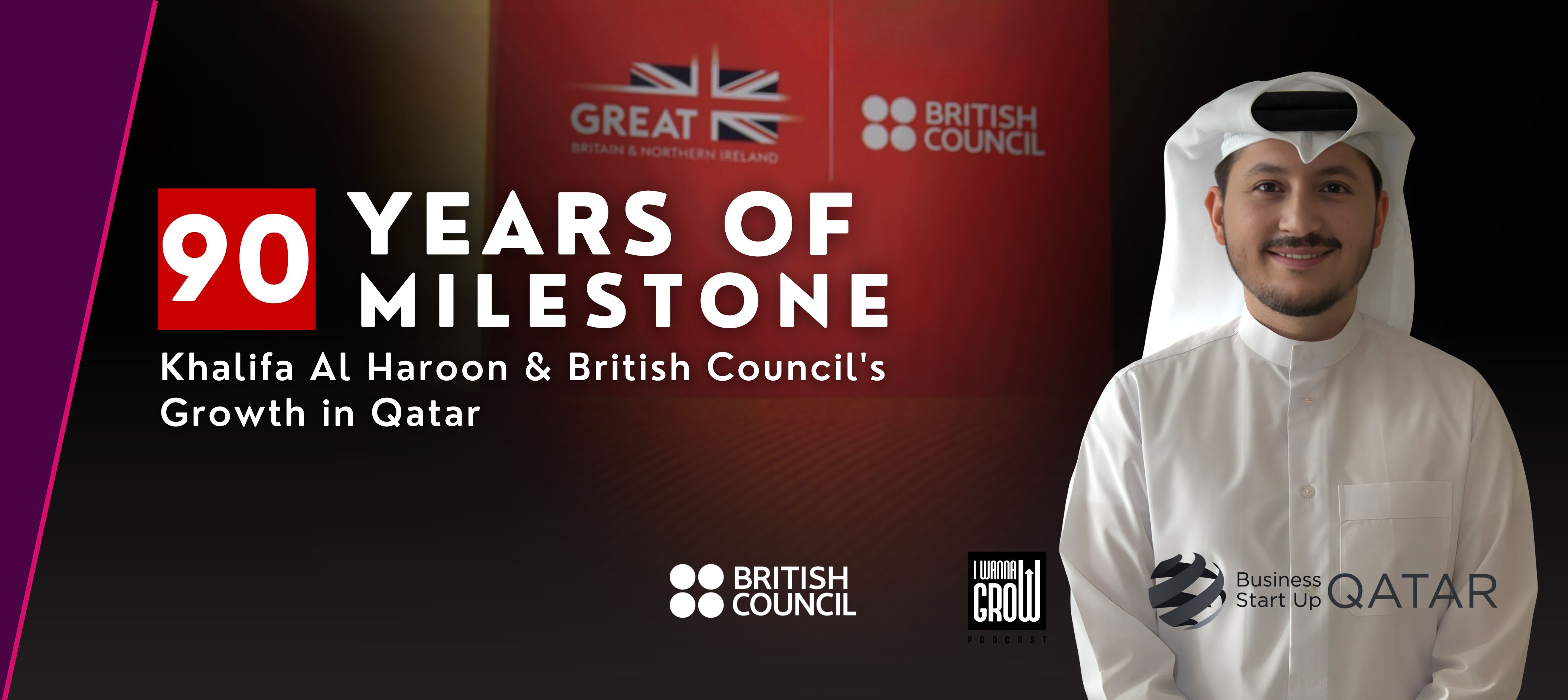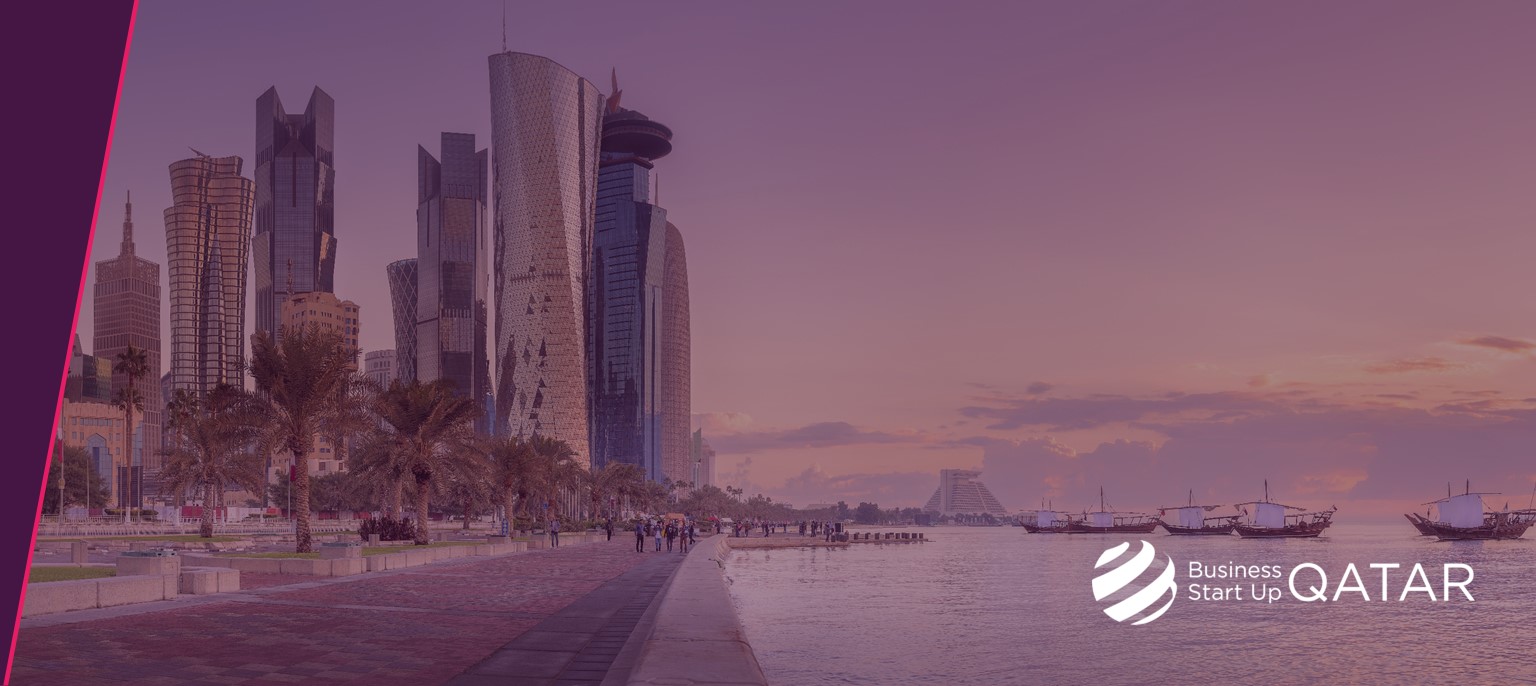
Qatar emphasizes the importance of sustainability in sports
02/05/21
The Supreme Committee for Delivery & Legacy (SCDL) and the Josoor Institute, a subsidiary of the SCDL, hosted a discussion titled “Football, Fashion and the Circular Economy” very recently. It was the latest event in the Josoor Institute’s sustainability series.
The panel discussed the concept of a circular economy, an economic system aimed at eliminating waste and regenerating natural systems, and how it would be applied to this large scale event in development, procurement, construction, operations and recycling in order to stage the first carbon-neutral World Cup and to reduce the country’s carbon footprint.
Qatar will host the most compact edition of the tournament in modern history. The matches will take place in close proximity with a maximum travel distance of 75 kilometres between the stadiums.
Further, the use of environmentally friendly public transport, including metro, trams and fuel-efficient buses, will help to reduce carbon emissions. The metro and tram routes directly connect Hamad International Airport (HIA) with five stadiums.
One of the major environmental benefits of Qatar 2022 is the elimination of domestic flights. HIA is one of the most sustainable airports in the region after retaining the Level 3 Airport Carbon Accreditation (ACA). The ACA is the only institutionally endorsed, global carbon management certification program for airports.
Similarly, a fleet of new buses (including 20% which are electric) will reduce pollution while the Qatar General Electricity & Water Corporation (Kahramaa) will set up between 200 and 500 charging points for electric cars, scooters and bikes throughout the country.
To keep the carbon-neutral ball rolling, Qatar Rail recently introduced a new tree planting initiative in partnership with the Ministry of Municipality & Environment (MME).
Please click on the link and reach out to learn more about the sports industry and Qatar’s push for more sustainability as well as the opportunities and possibilities in the country and Business Start Up Qatar.







